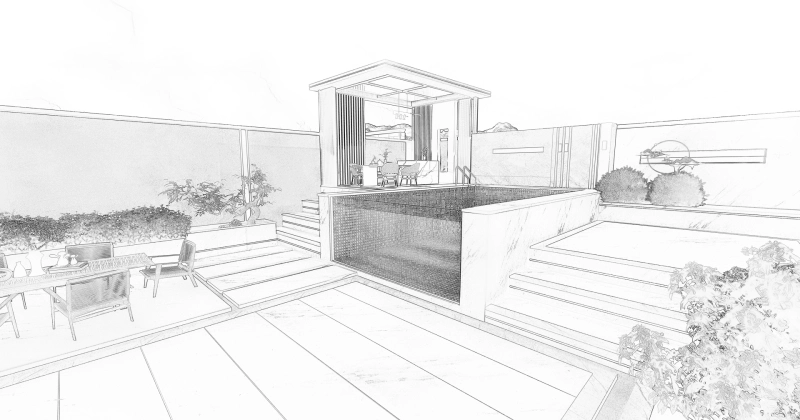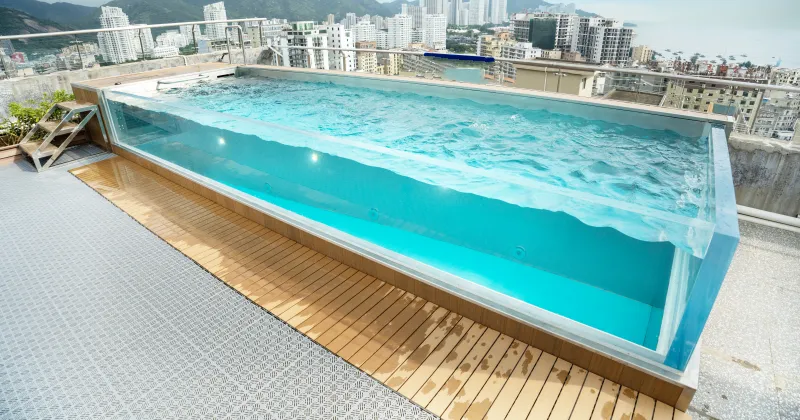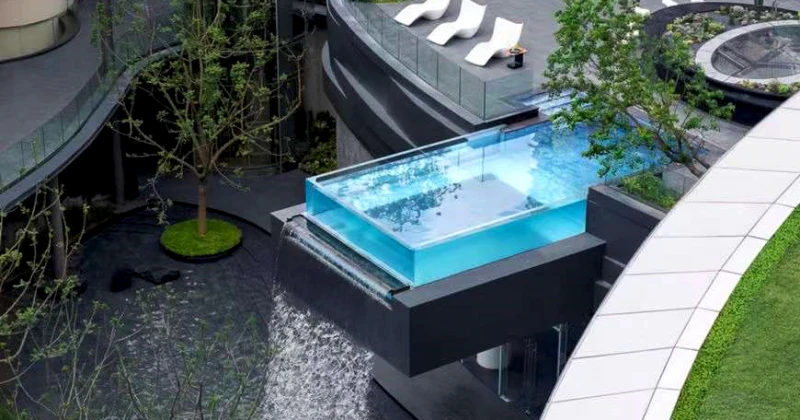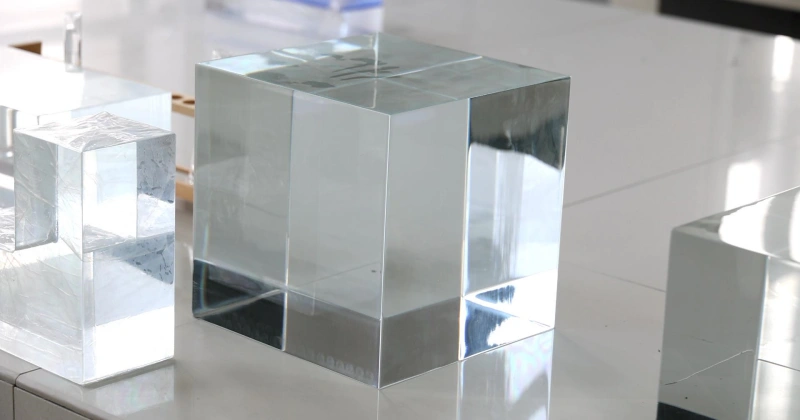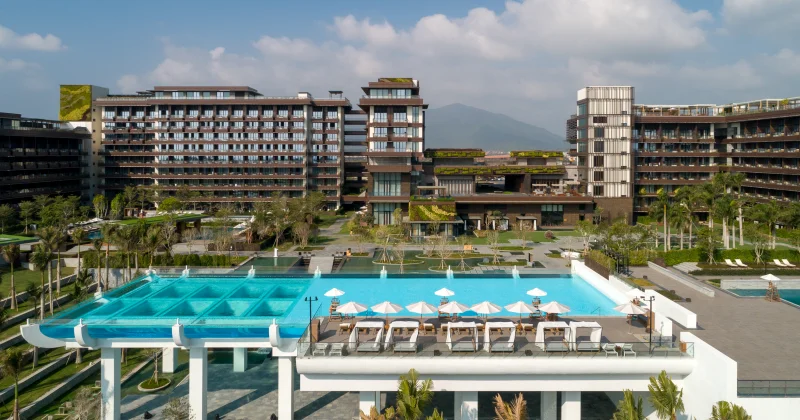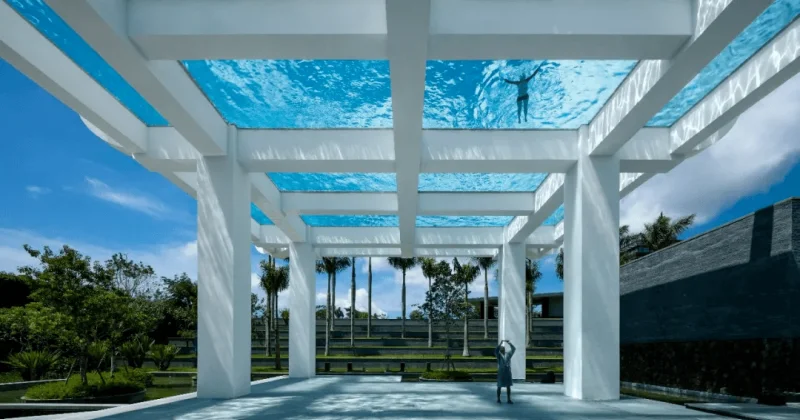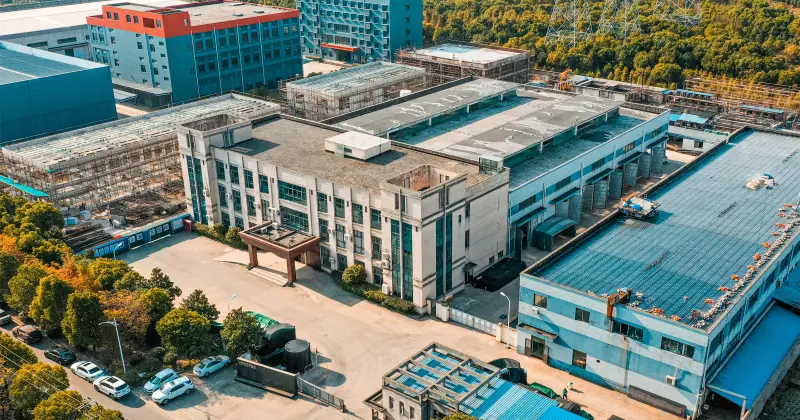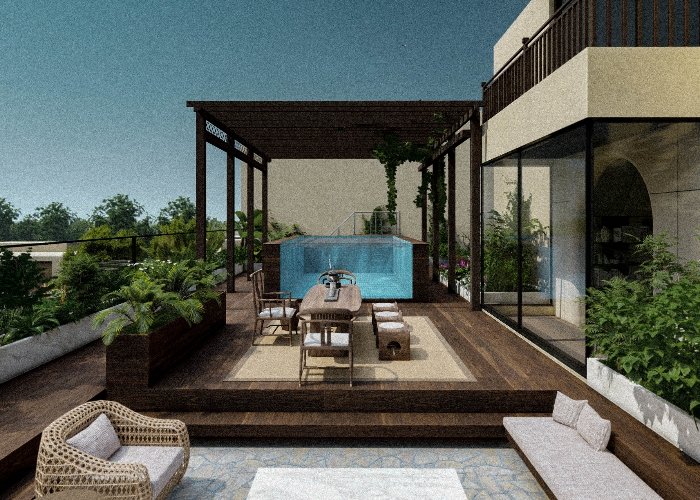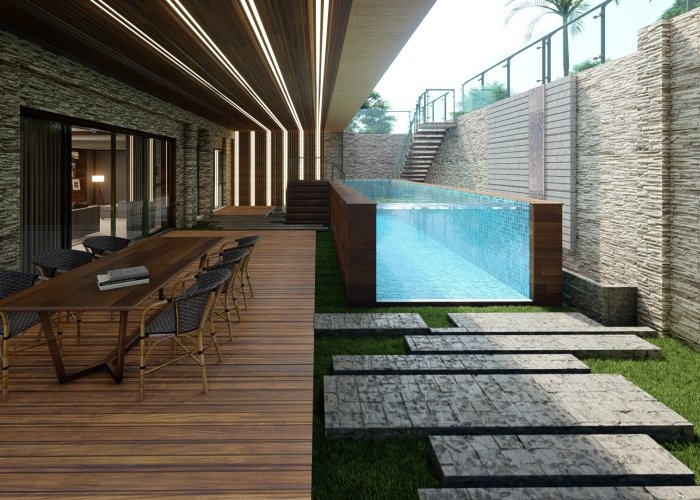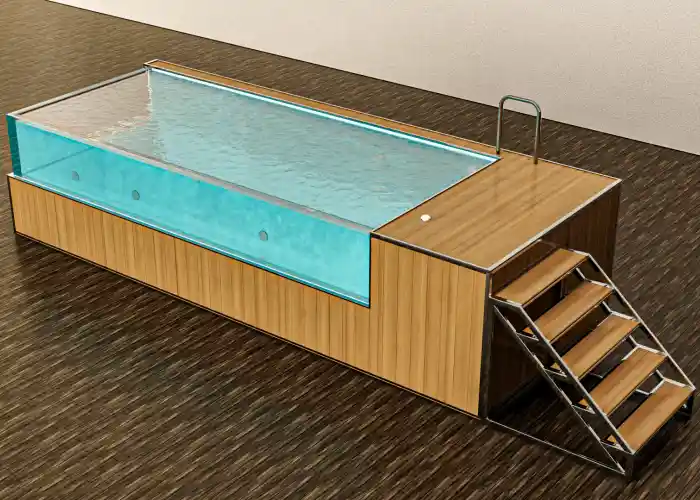
Are Prefab Pools Cheaper in the Long Run? Let's Dive into the Hidden Costs
So, you’ve been considering making your backyard a relaxing spot for you and your family. A few sun loungers, some lights strung up, a nice fire pit, and that pool are all you need. Yet, when you are deciding what kind of pool to build, the main question is: Should I choose a prefab pool to save money?
These pre-built and pre-manufactured pools appear to be the most affordable way to enjoy swimming. They are very easy to install, look attractive, and marketers claim they are less expensive than regular concrete choices. So, the big question remains: Do prefab pools end up being more economical compared to traditional pools?
Let’s pull aside the curtain and take a closer look at the hidden costs, for example, site preparation, the need for permits, and maintenance.
In this article, we will go over the expenses involved in prefab pools, so you can make a better choice. By the end, you will be able to better answer this question: How much do prefab pools cost in the long run?

Prefab Pools
Prefab pools are produced in factories and then delivered and dropped into a dug spot in your backyard. There are also above-ground options that don’t even require extensive digging; just minor ground preparation will do. This is something anyone can manage, right? It is generally faster and requires less effort than creating a regular concrete pool. The initial savings are appealing:
Why People Love the Idea:
Quick install: Some pools are quickly installed and ready to be used in less than a week.
Lower upfront cost: Initial expenses are lower with prefab pools than with concrete-built pools.
Modern look: These pools are sleek and come in the latest styles and colors.
Less construction mess: You will not need to see your yard disrupted for many weeks.
Wait a minute—just like putting together a flat-pack couch takes more effort than you thought, getting a prefab pool involves more steps than you’d anticipate.
Unveiling the Hidden Costs
While prefab pools can be economical initially, several hidden costs can arise during and after installation.
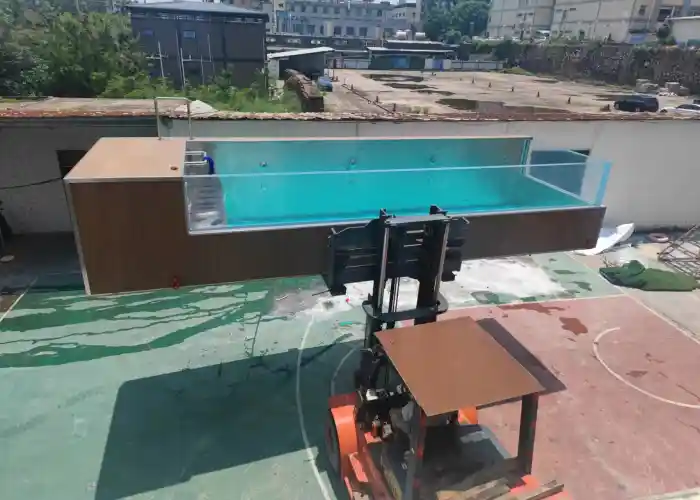
Site Preparation Surprises
Before you even think about installing the actual pool, you need to ensure that the site is properly prepared. Unfortunately, this step alone can be full of surprises—and expenses.
Here’s what proper site preparation often entails:
Excavation: Building the Pool: Digging the pit for your pool may not seem difficult, but it may become costly and hard if your yard is not ideal. On rocky ground, when tree roots appear out of nowhere or the soil shifts, it can be hard for workers to finish, so they often need extra assistance and professional tools. Because of these factors, the process may be delayed, and the total cost of the project could increase greatly.
Leveling and Grading: Even after the excavation goes well, the site has to be graded so it can withstand the weight of the pool. Sometimes, you need to add gravel, pack the soil, or construct retaining walls, especially when your yard is on a slope.
Access Issues: Is it possible for large machines to enter your backyard? If this is not possible, contractors might rely on cranes or other tools to accomplish the lifting. As a result, you need more people working and, of course, it costs more.
Permits and Regulations
Many homeowners underestimate the importance—and the cost—of navigating local building codes and regulations. Simply placing an order for a prefab pool doesn’t mean you’re ready to install it the next day.
Common regulatory requirements include:
Council Permits: Most local governments require you to get a council permit for your pool. You often need to provide site plans, engineering reports, and a wide range of fees during the application process.
Safety Fencing: For safety reasons, many places require pools to be fenced off, especially for children and pets. Your fence’s type, height, and locking system have to meet particular legal requirements.
Zoning Restrictions: Depending on your local zoning, your pool may have to be a certain distance away from your property edge, or you may have to deal with additional measures for drainage. If these rules are not followed, you could be charged a fine or have to change your installation afterwards.
Utility Adjustments
Your pool needs more than just water—it requires a connection to your home’s utility systems, which brings another layer of costs.
Plumbing: Setting up the plumbing can be easy or challenging, depending on your pool’s location and whether you need to change existing pipes.
Electrical Work: Every pool depends on electrical work to run the pumps, filters, heaters, lights, and even automation systems. This could involve updating your main electrical panel or setting up fresh lines from your building to the pool site.
Monthly Bills: After installation, your household will use more electricity and water each month for the pool. Every month, you need to heat your pool, filter it, and add more water. This adds to the overall utility cost.
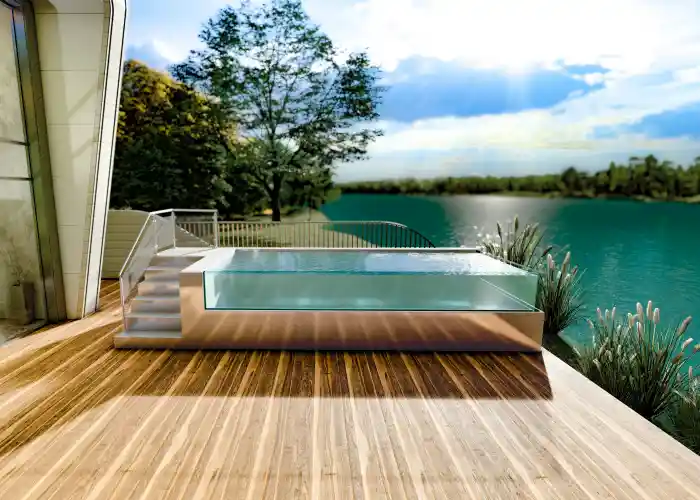
Landscaping and Aesthetics
After the pool is installed, your backyard might look more like a construction zone than a resort. Restoring its beauty comes with its price tag.
Restoring the Lawn and Garden: Large machines and walking over the area can break the grass, damage flowers, and create ruts or spots of mud. You might have to start over by planting, laying new sod or updating your garden beds.
Decking and Patios: The majority of people prefer to have a deck or patio by the pool for relaxing or entertaining guests. Around your pool, the use of concrete, pavers, or timber decking can quickly add thousands to the total project cost.
Aesthetic Features: It’s not that your pool can’t survive without waterfalls, LED lights, waterline tiles, and poolside furniture, but they make your pool area look better and feel more comfortable. These features often come later, but they come with a price.
Maintenance and Repairs
Prefab pools especially fiberglass models are often advertised as "low-maintenance." While they are easier to care for than concrete pools, they are not maintenance-free.
Expect the following routine care:
Weekly application of chemicals to balance the water
Regular filter and pump inspections and servicing
Seasonal water testing to ensure safe swimming conditions
Periodic resurfacing or liner replacement every 10–15 years
Even the most durable prefab pool materials will degrade over time, especially with heavy use or exposure to harsh weather. Additionally, pumps and heaters eventually need replacement.
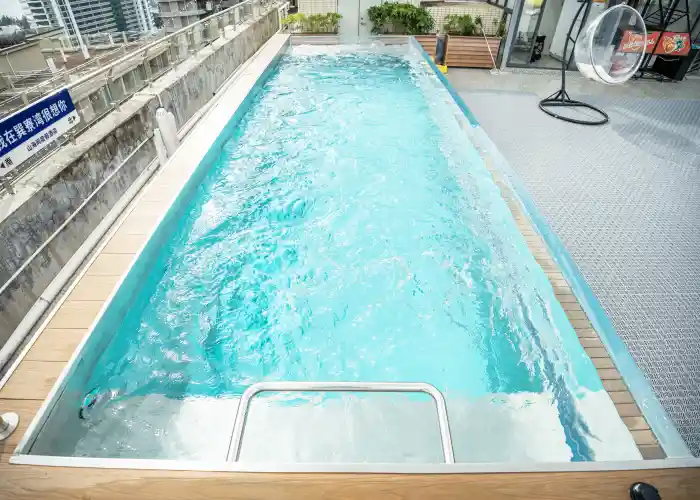
Comparing Long-Term Costs
When deciding whether a prefab pool is right for your home, it's crucial to look beyond just the upfront price. Consider:
Initial Savings vs. Long-Term Expenses: Prefab pools cost less to install than custom concrete designs, but the savings may be offset by landscaping repairs, utility upgrades, and maintenance.
Durability: A well-constructed prefab pool has the potential to last a very long time if you care for it properly. On the other hand, lower quality models could need a lot of repairs or even replacement, within around 5 years.
Impact on Property Value: A clean, well-maintained pool can increase your home’s resale value. But a poorly maintained or outdated pool can be a turn-off to buyers.
In the end, what you make from your investment is influenced by how well you control these long-term factors. Even though prefab pools are cheaper to buy, extra expenses for preparing the site, getting permits, updating utilities, and regular maintenance can come as a surprise. Take your time when planning to prevent surprises and make your investment work for you.
Making an Informed Decision
Prefabricated pools allow you to get the best of both worlds by offering swimming and leisure time without needing to invest in expensive custom pools. However, to enjoy those advantages, you need to approach the project with awareness.
Key tips to keep in mind:
Budget Wisely: Keep some money aside to cover surprises during excavation, fees for permits, and work needed to finish the landscaping.
Understand Local Rules: Make sure you know what the local government has set as its building codes, zoning laws, and fencing rules.
Prepare for the Long Haul: It’s important to keep up with routine maintenance and expected repairs to enjoy and protect your pool as long as possible.
At Aupool, we’re committed to helping you handle every phase of getting a prefab pool. Whether you need a site evaluation or easy-to-understand pricing, our team will help make your experience hassle-free and enjoyable. We’d love to help you design a backyard area that is both cost-effective and sustainable, made to last for years.
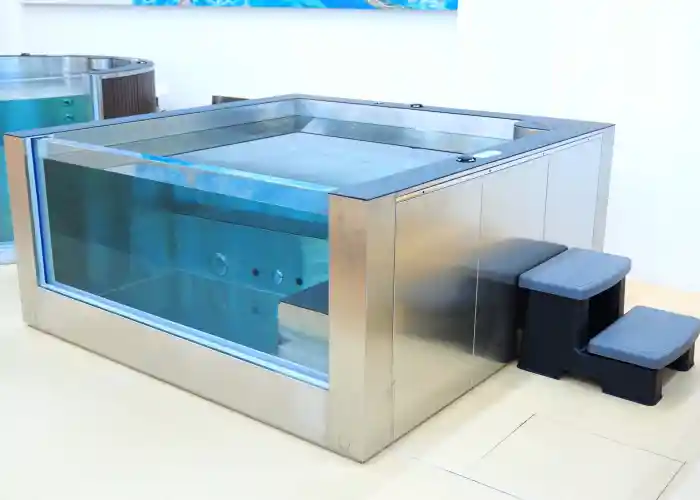
Conclusion
Many homeowners find prefab pools to be a great choice, and they have every reason to think so. These pools are fast, easy to use, and look good, especially if your site is not complicated. However, the term “cheaper” may not be true if you forget to add in the real added costs of having a pool in your yard.
Enjoying your pool should not be interrupted by worrying about money. Let’s make sure it stays that way.






